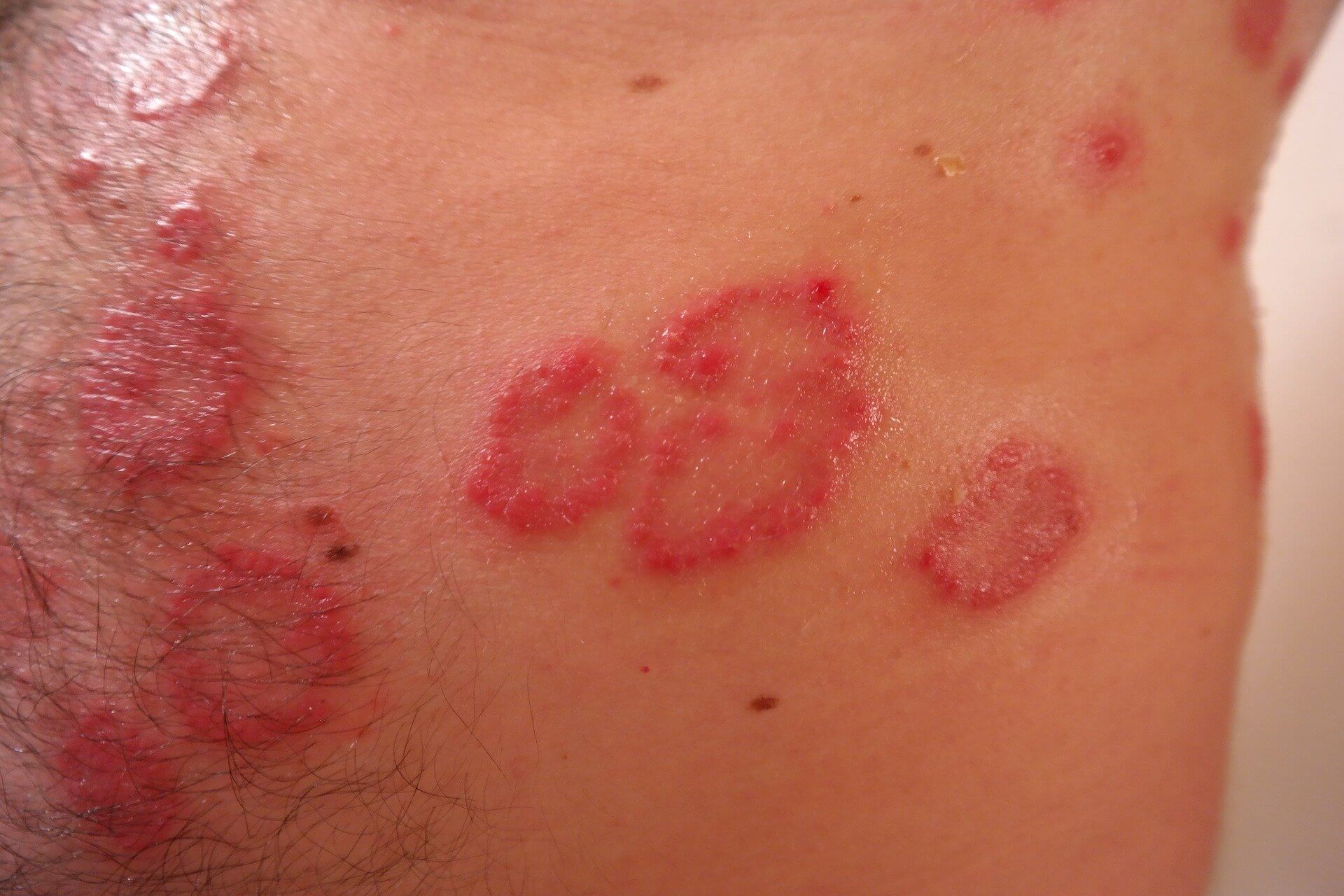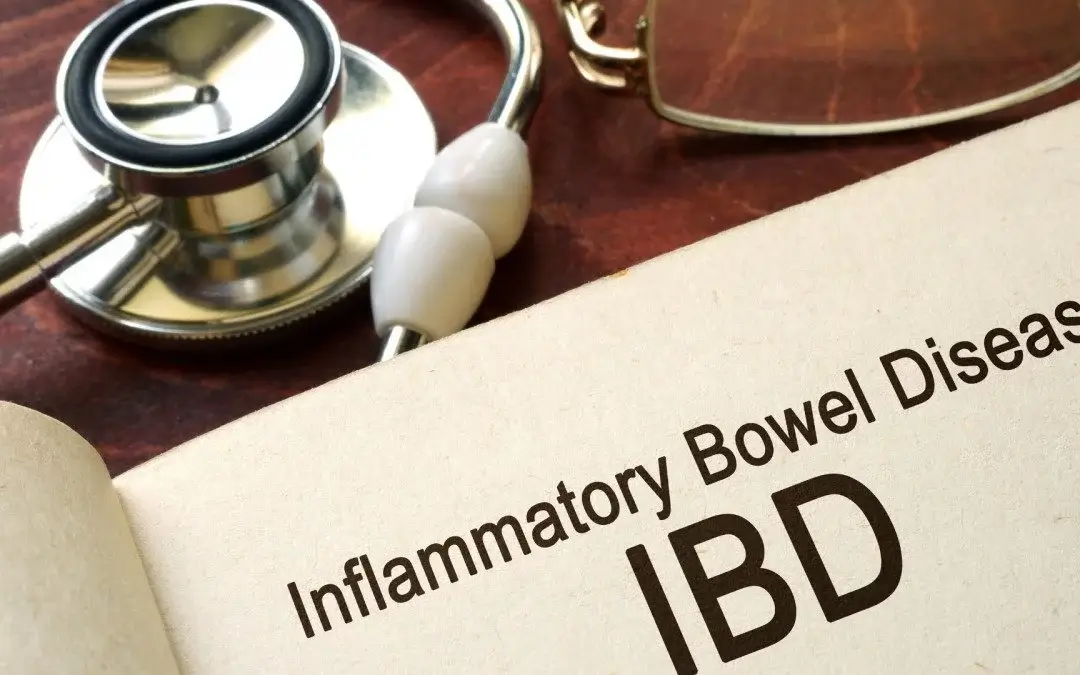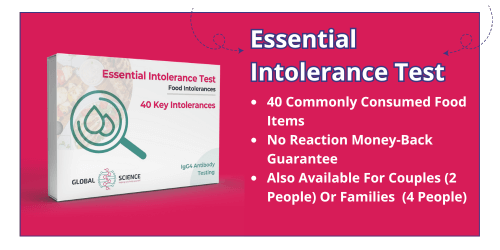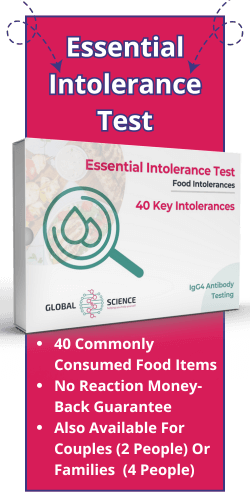Eczema is a common skin condition that can leave its sufferers feeling self-conscious and uncomfortable. Often referred to as ‘atopic dermatitis’ by the medical profession, there is unfortunately no known cure for the condition. So, we do what we can to work around the condition. But have you ever considered that food intolerance testing could help you prevent another flare-up? Here’s how.
As anyone with eczema will know, there are various potential triggers for eczema flare-up. And food allergies are one of the most common triggers. So, the idea that what you eat can affect the condition isn’t exactly new. A Study in 2015 found that roughly 50-70% of children with eczema also had at least one allergy. But what about food intolerances?
What the Research Says
Evidence suggests that people living with eczema are actually more likely to develop food intolerances. A Chinese study in 2018 found that eczema patients had significantly higher levels of IgG compared to the general populous. Heightened levels of IgG are used to identify food intolerances, so the study discovered that the eczema group had more food intolerances compared to the control group.
Eczema is also associated with other conditions such as insomnia, depression and ADHD. Interestingly enough, some of these conditions have also been linked with food intolerances. Research into Depression has indicated that food intolerance could be a warning sign of the mental illness and there are theories that better gut health could help treat or even prevent depression from developing.
Why Food Intolerance Testing Can Help
With all of these connected conditions, and many of them leading back to food intolerances, it only makes sense that you’d want to get food intolerance testing. Identifying food intolerances would help you reduce eczema symptoms. At the very least, a food intolerance guided diet could help reduce inflammation overall and prevent your eczema from worsening.







